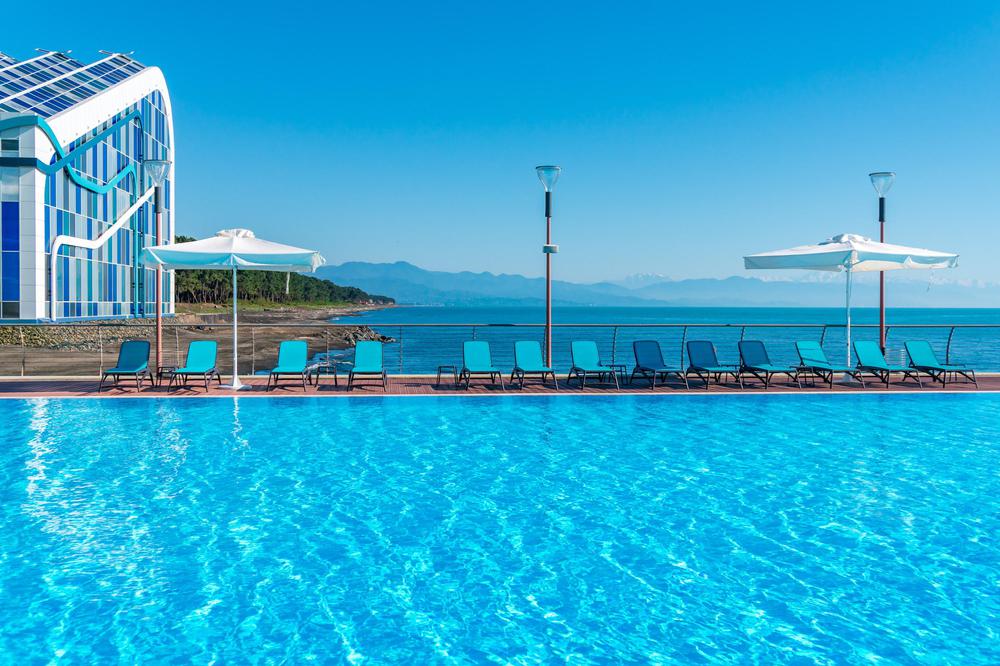Immersing oneself in a Georgian sulphur bath is not just a mere act of relaxation; it's an embrace of the rich cultural heritage and healing traditions of Georgia, particularly in its capital, Tbilisi.
Choosing Between Public and Private Baths
Tbilisi hosts a range of sulphur bath options, catering to different preferences and budgets. Public baths, typically cheaper (around 10-15 GEL per hour), offer a communal experience, often sex-segregated. Private baths, on the other hand, while more expensive (ranging from 70 to 500 GEL per hour), provide a more intimate and comfortable setting, often including additional amenities like saunas and private showers.
Preparing for the Experience
Before heading to a sulphur bath, it's crucial to come prepared. Essentials include a swimsuit, towel, and sandals or slippers. A bottle of water is recommended to avoid dehydration due to the heat. Importantly, avoid wearing silver jewelry as sulfur can tarnish it.
The Bathing Process
Upon arrival, visitors are allocated a private room for changing. The bathhouses, steeped in history and adorned with Georgian mosaics, offer separate sections for men and women. The pools, rich in minerals like calcium, magnesium, and sulphur, are renowned for their therapeutic properties, especially for skin and respiratory conditions.
Kisi Scrub: A Must-Try Treatment
Enhancing the bathing experience, the Kisi scrub is a traditional exfoliation process involving a textured mitt, aimed at removing dead skin. This treatment, typically lasting 10-15 minutes, is an integral part of the Georgian bath experience.
Cultural and Architectural Significance
The sulfur baths are not just about wellness; they're a dive into Georgia's cultural fabric. Once a hub for intellectuals and artists, these baths reflect the country's rich history, especially through their architecture, a fusion of Georgian and Persian styles, evident in their ornate decorations and intricate tilework.
Tips for a Fulfilling Experience
- Advance booking is recommended, especially during peak season.
- Payment is generally done post-treatment, with options of cash or card.
- Tipping the service providers, like the Mekise*, is optional but appreciated.
- Respect local customs, such as wearing a bathing cap and not using soap in the pools.
- Be mindful of the bath's heat, taking breaks if necessary.
* a "Mekise" is a bath attendant who helps with the bathing process
Exploring the Surroundings
Beyond the baths, Tbilisi's Old Town offers a plethora of historic sites and cultural attractions, like the Narikala Fortress, Sioni Cathedral, and the modern Bridge of Peace.
Conclusion
A visit to a Georgian sulphur bath is more than a spa day; it's an enriching journey through Georgia's history, culture, and traditional wellness practices. Whether for therapeutic reasons or cultural exploration, these baths offer a unique and memorable experience in the heart of Tbilisi.


 Narikala Fortress
Narikala Fortress
 Abanotubani
Abanotubani
 Bridge of Peace
Bridge of Peace
 Sioni Cathedral
Sioni Cathedral
 Tbilisi's Sulphur Baths
Tbilisi's Sulphur Baths
 Tbilisi Hammams
Tbilisi Hammams




